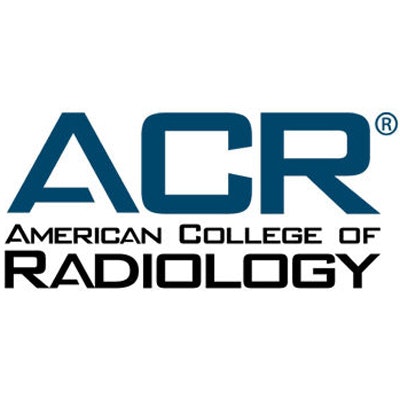
The American College of Radiology (ACR) has released guidance for diagnostic radiation dose levels for the 10 most common pediatric CT scans. The reference was published October 26 in Radiology.
The guidance was written so that radiology facilities can compare their pediatric CT radiation dose levels with national benchmarks and consists of data from 2016 to 2020 drawn from the ACR's Dose Index Registry. The guidance addresses the following 10 most common pediatric CT exams:
- Head without intravenous (IV) contrast
- Sinuses without IV contrast
- Maxillofacial without IV contrast
- Neck soft tissue with IV contrast
- C-spine without IV contrast
- Chest without IV contrast
- Chest with IV contrast
- Abdomen/pelvis without IV contrast
- Abdomen/ pelvis with IV contrast
- Chest/abdomen/ pelvis with IV contrast
The report outlines both diagnostic reference levels (DRLs) and achievable doses that can minimize radiation in pediatric patients; the DRLs are meant as benchmarks, not as target doses, the ACR said.




















